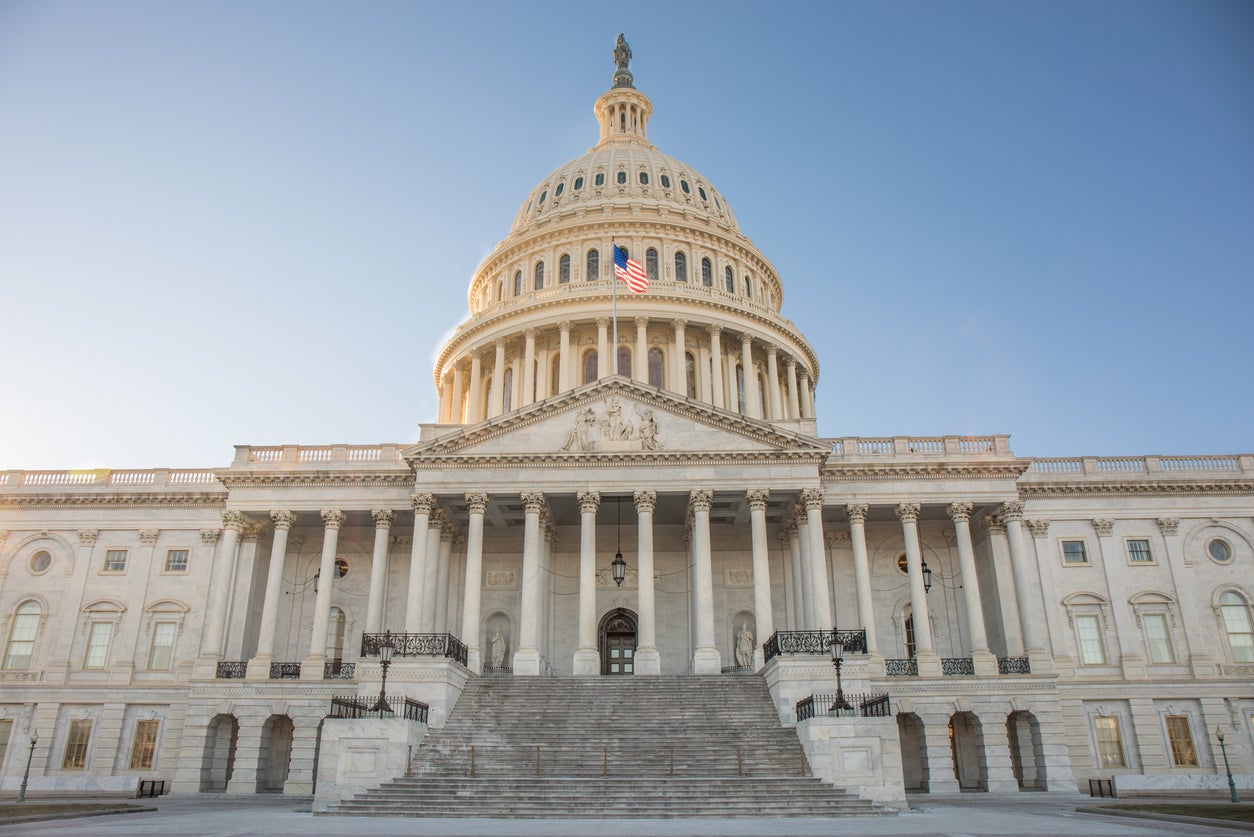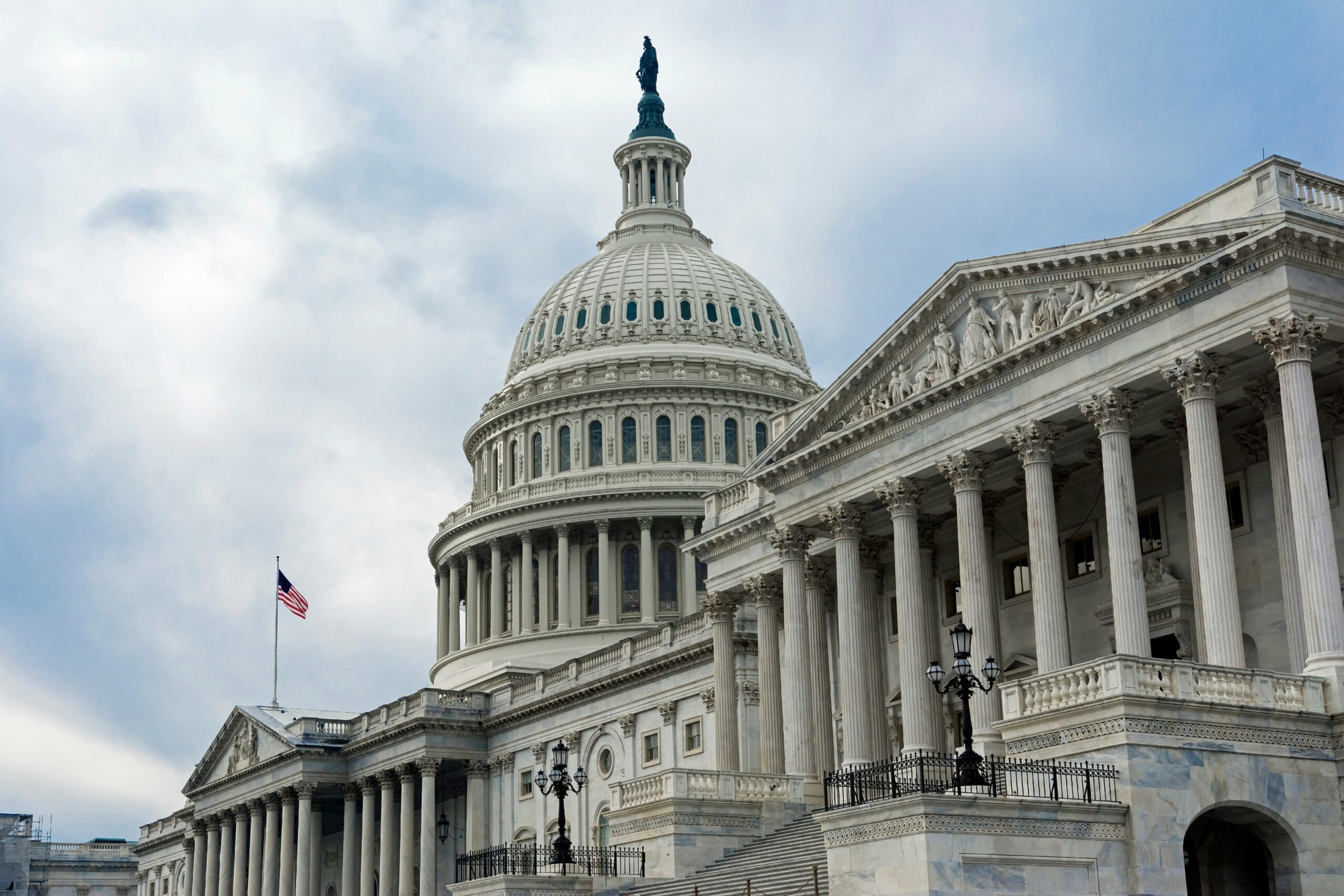CBA Education Funding Committee Comment Letter to the US Senate Subcommittee on Economic Policy

Dear Chair Warren and Ranking Member Kennedy:
On behalf of the Education Funding Committee of the Consumer Bankers Association (CBA), I am writing to share our views for the July 27, 2021 hearing entitled “Protecting Student Loan Borrowers and the Economy in Upcoming Transitions.” We appreciate the Subcommittee’s continued interest in student loan debt and share your concerns about the negative impacts excessive lending has had on students and their families. We note that the facts continue to show the student debt problem in this country is directly caused by unlimited lending done by the federal government without any regard for borrowers’ ability to repay. Unlimited federal lending simultaneously fuels the constant rise in higher education costs, especially for graduate programs. The best way to address excessive student loan debt and rising costs of postsecondary education is to reimpose reasonable and responsible limits on federal lending to guarantee every American access to higher education without providing a blank check for institutions to charge any price they choose.
CBA is the voice of the retail banking industry whose members operate in all 50 states, serve more than 150 million Americans, and collectively hold two-thirds of the country’s total depository assets. CBA members are also the private sector lenders that make the majority of private education loans to help families finance a postsecondary education. Over the course of this pandemic, our banks remain in strong financial condition and are stepping up to serve the needs of their customers and employees.
Federal student loan debt has ballooned in large part because many borrowers are not making progress repaying what they borrowed. Prior to the pandemic less than half of federal borrowers were paying even $1 monthly toward principal. In contrast, 98 percent of private student loan borrowers are successfully repaying their loans and on track to eliminate their education debt. This successful repayment rate has persisted year after year only dropping slightly during the COVID-19 pandemic-affected months in 2020; today we are proud to highlight that our borrowers have now returned to pre-COVID performance.
Federal student loans comprise 92 percent, or $1.57 trillion, of the total $1.7 trillion in outstanding student loan debt. Private student loans total $139 billion. Although federal loan payments have been paused since March 2020, lending is continuing and the total loan debt balance continues to increase. The federal government lends to undergraduate and graduate students and their families for any costs demanded from institutions of higher learning with minimal credit checks, no ability to repay analysis, and not even the straightforward Truth In Lending Act (TILA) disclosures required for any private loan. Any financial institution that tried to offer loans like these, with these terms, would rightly be prosecuted for predatory behavior.
The best consumer protection—and business practice for lenders—is to avoid saddling families with debt they cannot pay. The government has a responsibility to provide access to higher education to Americans regardless of financial situations, but that should be accompanied by some consideration for families’ ability to pay, as well as some limitation on borrowing to constrain prices. We think these practical solutions would go a long way towards easing the student debt problem in the future.
Private loans play an important role in providing access to higher education, typically supplementing federal aid and always involving a careful assessment of credit capacity and ability to pay. As witnessed by this pandemic and the observation that the portfolio of private loans has returned to pre-pandemic performance indicates the private banks offer the necessary flexibility and benefits to enable borrowers successfully navigate difficult financial times.
As the subcommittee considers what steps it can take to ease the problem of ballooning student loan debt, we urge you to work with your colleagues to consider responsible limits on PLUS borrowing and otherwise encourage colleges and other institutions to restrain their costs. Improved disclosure of terms and conditions for federal loans, like those required for private loans by the Truth in Lending Act, would also help and we encourage you to support swift passage of the Student Loan Disclosure Modernization Act (S. 1464), introduced by Senators Joe Manchin and Tim Scott.
Thank you for your consideration of our views and we remain eager to work with you on these important issues.
Sincerely,
Richard Hunt
President and CEO



